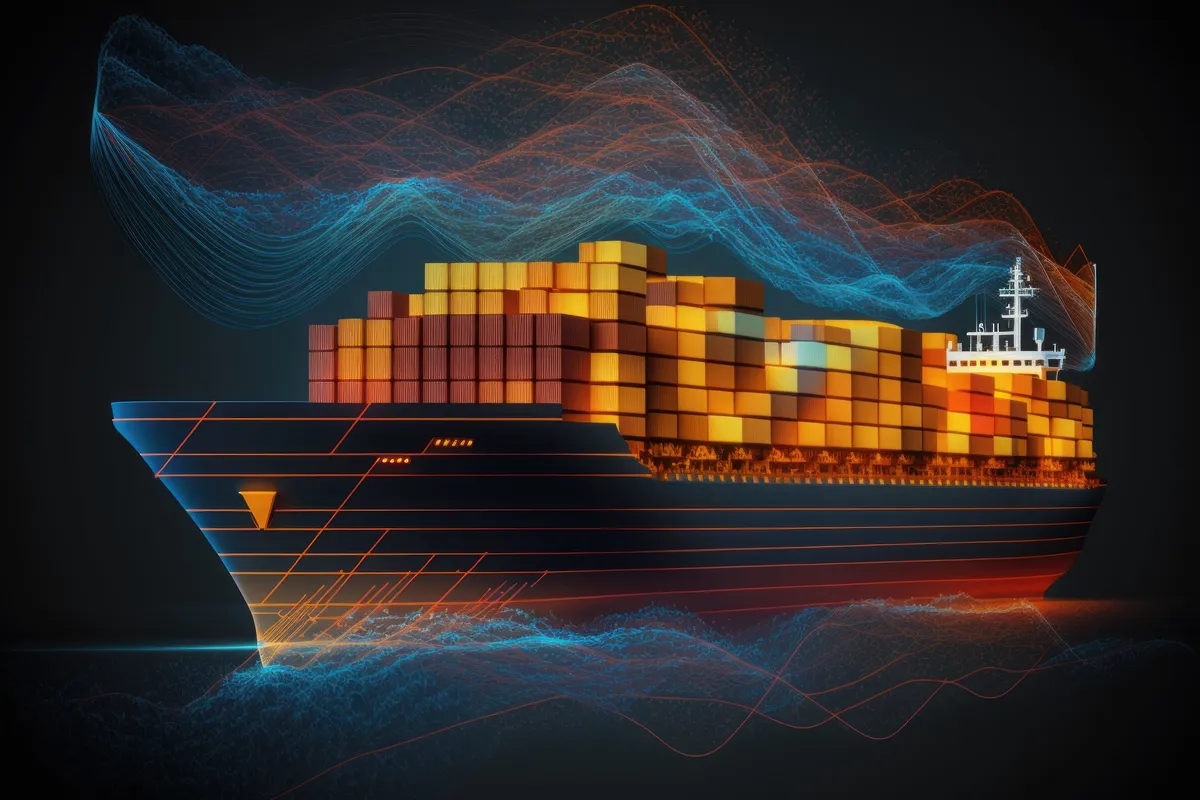The International Maritime Organization issued the document MEPC 82/7/3 providing detailed insights into the preparations and proposed framework for conducting the Fifth IMO GHG Study.
This document was published on 27 June 2024.
Purpose and Scope
The Fifth IMO GHG Study aims to update and expand upon previous studies to better understand and mitigate greenhouse gas (GHG) emissions from international shipping. It follows the Fourth IMO GHG Study completed in 2020, which focused on GHG emission inventories, carbon intensity estimates, and emission projections. Building on this foundation, the Fifth Study proposes to refine methodologies and incorporate new data sources to provide more accurate and comprehensive assessments.
Terms of Reference
The document outlines proposed terms of reference for the Fifth IMO GHG Study, which include:
- GHG Emission Inventories: Updating emission estimates for 2008 (baseline) and 2018-2024 using data from the IMO Data Collection System (DCS) and other sources. Methodological improvements are suggested, including the incorporation of AIS data and the comparison of emissions estimates from different sources.
- Carbon Intensity Estimates: Continuing to monitor carbon intensity using indicators like Annual Efficiency Ratio (AER), carbon dioxide emission efficiency (cgDIST), and Energy Efficiency Operational Indicator (EEOI). The study will assess progress towards the IMO’s goal of reducing carbon intensity by at least 40% by 2030 compared to 2008 levels.
- Emission Projections: Providing updated projections for GHG emissions up to 2050, considering both Tank-to-Wake (TtW) and Well-to-Wake (WtW) emission factors. These projections will reflect anticipated changes in fuel types, technological advancements, and regulatory measures.
Methodology and Data Sources
The Fifth Study proposes to utilize data from the IMO DCS for emissions calculations, focusing on ships of 5,000 gross tonnage (GT) and above. It suggests enhancing data integrity and calibration by comparing emissions estimates from AIS data, bunker fuel sales statistics, and other bottom-up and top-down approaches. Methodologies will align with previous IMO GHG Studies and Life Cycle Assessment (LCA) Guidelines, ensuring consistency and accuracy in emission factor calculations.
Logistics and Administrative Arrangements
To oversee the study, the document proposes establishing a Steering Committee comprising Member States. This committee will supervise the tender process, ensuring that the study adheres to approved terms of reference. Funding for the Fifth IMO GHG Study is proposed through voluntary contributions to the IMO GHG-TC Trust Fund, aiming to alleviate financial burdens on Member States.
Timelines
The proposed timeline outlines key milestones:
- September/October 2024: Initial discussions at ISWG-GHG 17/MEPC 82 to refine terms of reference.
- Spring 2025: Approval of terms of reference at MEPC 83, launching the tender process and supplementary studies.
- Mid-2025: Evaluation and selection of tender proposals by the Steering Committee.
- Autumn 2026: Submission of the draft final report to MEPC 85, with final approval expected thereafter.
LINK TO ACCESS THE DOCUMENT

Sign up for our newsletter
It's free. No spam. Cancel anytime.









Related News
Most important regulatory news published in the last week
Jan 21, 2025
Isle of Man: Key changes to marine casualty reporting
Jan 17, 2025
Updated IMO guidelines for GMDSS radio installations on SOLAS ships
Jan 17, 2025